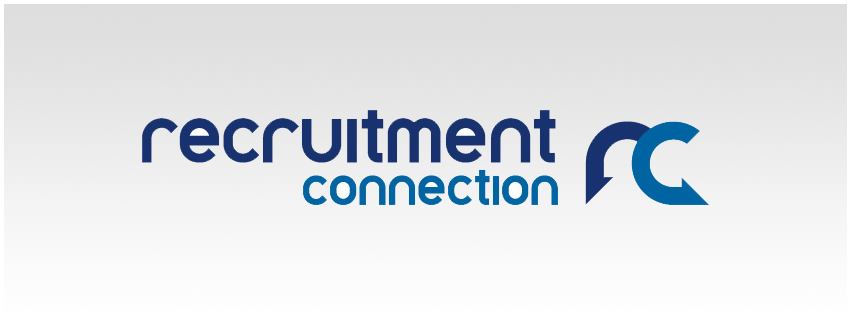Recruiters reveal an alarming level of complacency by job applicants during important telephone interviews
Distractions detract from telephone performance
Going to the toilet, having a bath, eating a meal, walking a dog, breastfeeding a baby, arguing with a family member. These are all perfectly normal human activities; and they are all things that recruitment candidates have done during telephone interviews.
A recent survey of nearly 800 recruitment and HR professionals by Changeboard in association with the Post Office found that many candidates fail to take telephone interviews as seriously as face-to-face interviews, and risk losing out as a result.
Some 60% of organisations (74% of private sector firms) use telephone interviews as part of their recruitment process. They are most commonly used to save time and money by screening applicants before inviting them for face-to-face interviews.
This means that a telephone interview is an important opportunity for the candidate to make a good impression and secure a meeting with the recruiting organisation. But many candidates fluff that opportunity.
Common candidate mistakes
According to the survey respondents, the biggest mistakes telephone interviewees make are:
- Doing something else during the telephone interview
- Not preparing properly for the telephone interview
- Not listening to the interviewer’s questions
- Having a poor telephone manner.
These errors can all ‘seriously harm the candidate’s chance of progression’ to the next stage of the interview process.
Respondents cited many real-life examples of telephone interview faux-pas. One recruiter revealed: “During the interview it became clear that the candidate was on the loo.”
Another said: “The candidate was pulled over by the police for taking a call in the car without hands-free.”
And a third recalled: “The candidate suddenly said: ‘Sorry, I’ve got to go – the snake has escaped,’ and hung up.”
Telephone interview hints and tips
Telephone interviews can be especially tricky for candidates, as it is difficult to express yourself clearly on the phone. Nearly all survey respondents (95%) said that candidates can come across differently on the phone compared with face to face. And nearly half (49%) admitted that their mental image of candidates they have interviewed by telephone is often proved wrong when they meet them.
The top tips from recruiters for candidates facing a telephone interview are:
• Prepare yourself for the call as you would a face-to-face interview
• Choose a quiet place to take the call with a landline phone and no risk of interruption or background noise
• Pay as much attention to listening as to speaking
One recruiter advised: “Do not underestimate the seriousness of a telephone interview. It is often harder as you don’t have the ability to demonstrate body language.”
Another offered: “To get in the right mindset I always advise telephone interview candidates to sit at a desk and dress formally to help them think more professionally.”
And a third added: “Stand up when on the phone as your voice will project better. Change the tone of your voice and use it to show enthusiasm when appropriate.”
Expert advice on telephone interview performance
Rob Willock, chief operating officer of Changeboard, said: “Faced with a huge pile of CVs from equally qualified candidates, recruiters need a way of weeding out the weaker applicants, and many use telephone screening interviews. Don’t give them a reason to reject you them by performing poorly on the telephone.
“Prepare yourself properly, research the organisation, rehearse answers to standard questions, have relevant examples of your achievements to hand and ask some smart questions of your own.
“It may also be worth practicing your telephone manner,” added Willock. “Recruiters reported being annoyed by candidates using colloquial or ‘street’ language during telephone interviews. Calling your interviewer ‘mate’ or ‘love’ or using phrases like ‘innit’ are not recommended, even if you do so with your friends and family.
“There’s even something to be said for cultivating a more business-like ‘telephone voice’ for occasions when you want to impress people on the phone.”
The Apprentice winner and recruitment expert Lee McQueen said: “It’s difficult to give anything your full attention if you’re doing something else at the same time yet it’s apparent that candidates aren’t taking their interviews seriously enough. They wouldn’t turn up to an interview dressed in a bobble hat and trainers and the same kind of consideration needs to be given when speaking to potential employers over the phone.
“It’s all about selling yourself and making an impression in the first two minutes. One key tip is to take the phone call in a quiet room on a landline so you can be confident that it won’t cut out; the lack of distractions and quality line will ensure a more professional interview too.”
And Hugh Stacey, Head of Post Office HomePhone added: “Telephone interviews are often the first real opportunity that candidates get to shine in front of a prospective employer. From our research it’s clear that if you fail to impress at this stage, then it is likely that your application is over before it’s even started. It’s therefore vital to stay focused and get it right first time around.”
The survey of 790 senior recruitment and HR professionals was carried out from 14-24 September by Changeboard, in association with the Post Office.



